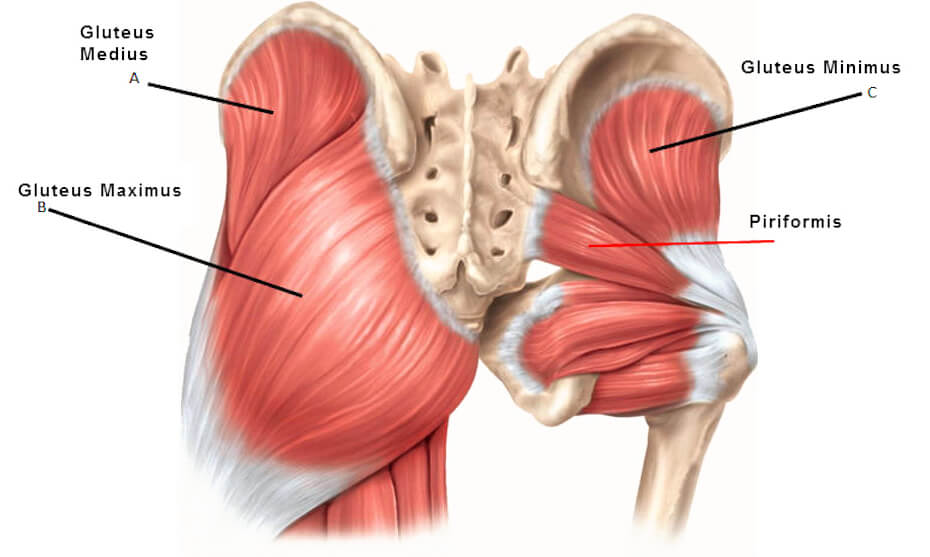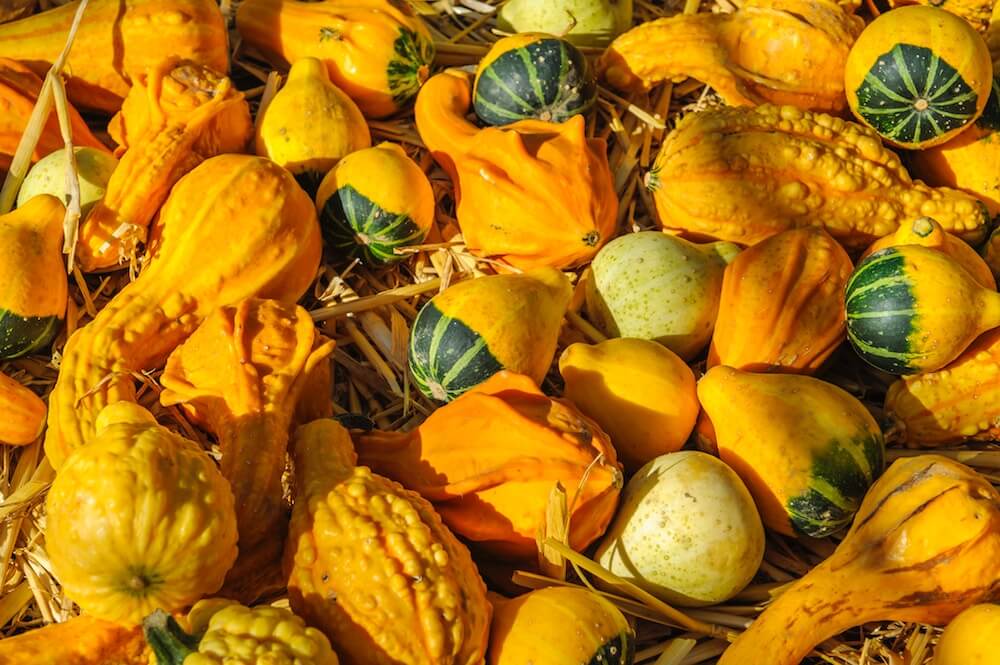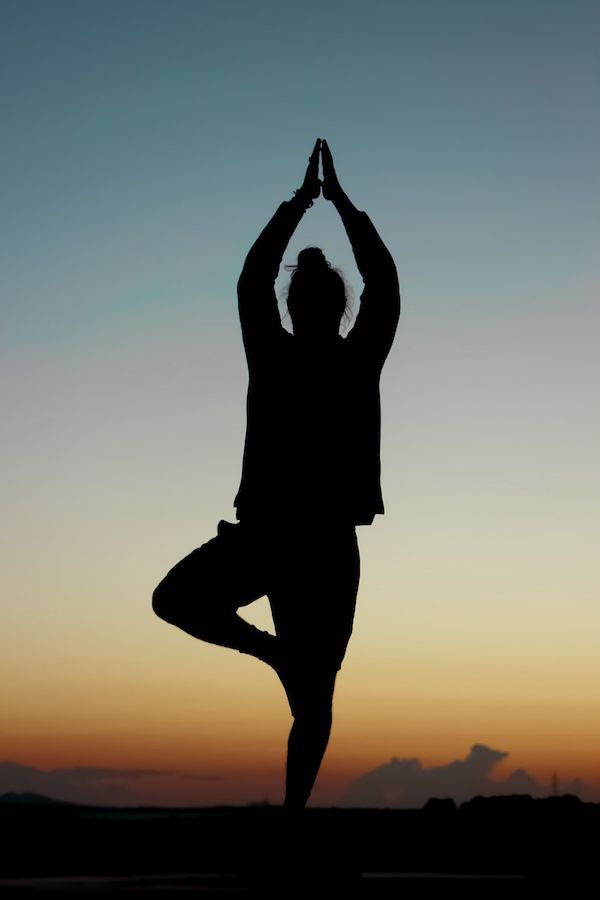 On my trip to Savannah last week, I had a very nice conversation with the woman sitting next to me. When I told her that I was a bodywork therapist; she asked if I knew of Piriformis Syndrome. Though I knew something about treating it, I was intrigued to do more research.
On my trip to Savannah last week, I had a very nice conversation with the woman sitting next to me. When I told her that I was a bodywork therapist; she asked if I knew of Piriformis Syndrome. Though I knew something about treating it, I was intrigued to do more research.
The piriformis is a flat, band-like muscle deep within the buttocks that runs from the front of the sacrum to the hip joint (head of the femur). It functions to laterally rotate the hip and is a core stabilizing muscle. The piriformis is important because the sciatic nerve runs under it, and in a small percentage of people, the sciatic nerve runs through it. Therefore, injury or inflammation to the piriformis can irritate the sciatic nerve and cause sciatica. When this occurs, it is called piriformis syndrome.
Piriformis syndrome is different from true sciatica which is usually the result of herniated spinal discs, physical trauma, osteoarthritis or years of prolonged sitting and bending. True sciatic pain also takes longer to treat.
The symptoms of piriformis syndrome are pain deep in the buttocks that may radiate down the back or side of the leg through the knee. This pain can present in many ways, sharp or dull and achy, or nagging with numbness and tingling. Symptoms are like true sciatica, but with piriformis syndrome pain usually stops at the knee and there are tender trigger points in the butt. It is best to consult a doctor for a definite diagnosis.
This syndrome is common to runners or people who sit for long periods of time commuting or at their job. My friend on the plane had recently run an extreme marathon. Overuse can create spasm in the piriformis, pinching the sciatic nerve. Piriformis syndrome is more common during the winter when people have been out in the cold. Treatment in Chinese Medicine would include acupuncture, acupressure, heat, bodywork, stretching and at-home care. The home care treatment would be applying heat to the area, applying sustained pressure to the trigger point by sitting on a tennis ball and gentle stretching.
“A simple stretch for the Piriformis muscle: sit in a chair with both feet on the floor. To stretch the right side, place your right ankle across the top of your left knee. Then gently lean forward until you feel the stretch in your butt. Repeat on the other side by reversing the action”.
It may take weeks to achieve pain relief from an acute problem, a chronic problem will take longer, but of course, everyone is different.
 The energy pathways most active during winter are kidney and bladder. Winter is a time for quiet, self-reflection, meditation and nourishment of body and soul. It is also important to get plenty of sleep, eat locally grown, organic, well-cooked food, stay warm and stay hydrated.
The energy pathways most active during winter are kidney and bladder. Winter is a time for quiet, self-reflection, meditation and nourishment of body and soul. It is also important to get plenty of sleep, eat locally grown, organic, well-cooked food, stay warm and stay hydrated.
 The Winter Solstice is less than 2 weeks away, and the subtle energies which transform fall into winter can be felt in the changing weather.
The Winter Solstice is less than 2 weeks away, and the subtle energies which transform fall into winter can be felt in the changing weather. On my trip to Savannah last week, I had a very nice conversation with the woman sitting next to me. When I told her that I was a bodywork therapist; she asked if I knew of Piriformis Syndrome. Though I knew something about treating it, I was intrigued to do more research.
On my trip to Savannah last week, I had a very nice conversation with the woman sitting next to me. When I told her that I was a bodywork therapist; she asked if I knew of Piriformis Syndrome. Though I knew something about treating it, I was intrigued to do more research.
 This is the season of the metal element in Chinese Medicine. It’s a time when nature pulls back its energy into the earth and roots of the trees and plants to prepare for winter. I’ve spoken about the importance of getting more sleep, eating local, seasonal, cooked food and keeping warm to stay healthy during fall. Today I want to address a chronic cold condition.
This is the season of the metal element in Chinese Medicine. It’s a time when nature pulls back its energy into the earth and roots of the trees and plants to prepare for winter. I’ve spoken about the importance of getting more sleep, eating local, seasonal, cooked food and keeping warm to stay healthy during fall. Today I want to address a chronic cold condition.
 The season of Fall reminds us to let go of that which is no longer needed. This is the metal season in Chinese Medicine; the time when Lung and Large Intestine Meridians are most active. I’ve spoken about Lung Meridian the last few weeks and would like to focus on Large Intestine Meridian today.
The season of Fall reminds us to let go of that which is no longer needed. This is the metal season in Chinese Medicine; the time when Lung and Large Intestine Meridians are most active. I’ve spoken about Lung Meridian the last few weeks and would like to focus on Large Intestine Meridian today.

 During this beautiful time of year when the earth element, represented by the spleen and stomach meridians is most active, it is important to support these energies for optimal health. I’ve spoken quite a bit about the stomach meridian, so I would like to focus on the spleen energies for today.
During this beautiful time of year when the earth element, represented by the spleen and stomach meridians is most active, it is important to support these energies for optimal health. I’ve spoken quite a bit about the stomach meridian, so I would like to focus on the spleen energies for today.